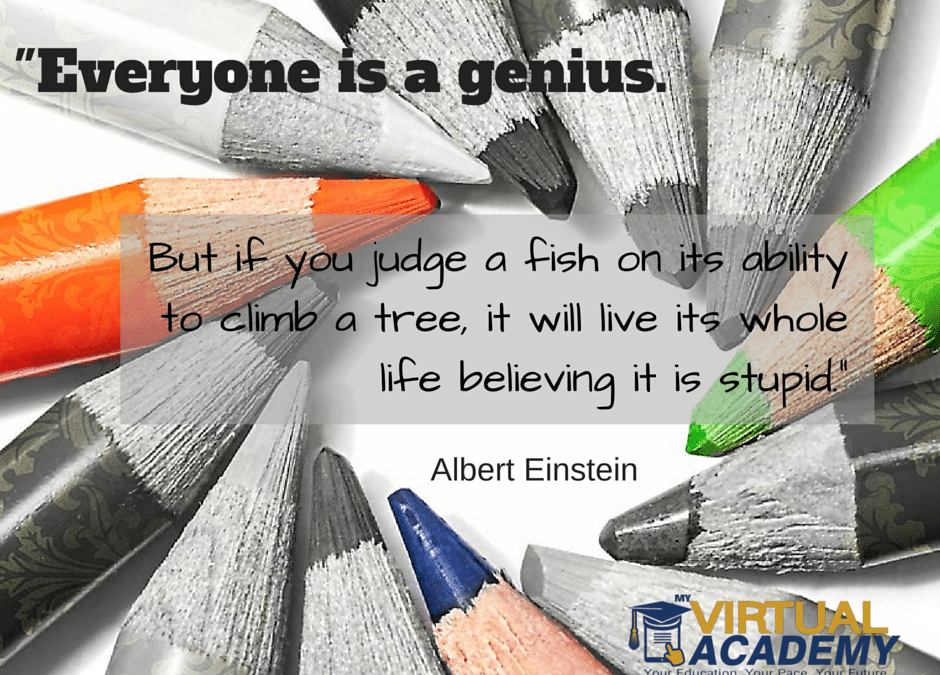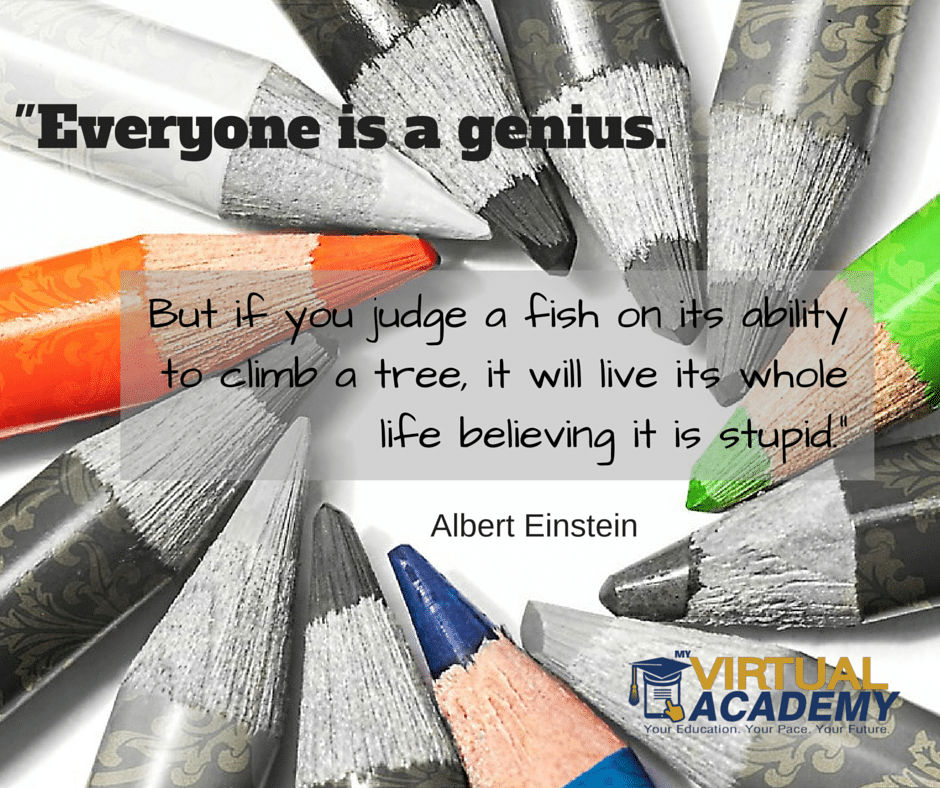
Avoid Summer School with our Help
When a teen starts to fall behind in school, the stress the student and family feels is palpable. Often times when a student fails a class, they start to struggle in their other classes too. They begin to doubt  themselves and the grades in their other classes reflect that mindset. In order to make up the classes/credits, in the past, they have needed to enroll in summer school. However, that isn’t the case these days! We want you to know that there are other options out there to help your student avoid the dreaded summer school.
themselves and the grades in their other classes reflect that mindset. In order to make up the classes/credits, in the past, they have needed to enroll in summer school. However, that isn’t the case these days! We want you to know that there are other options out there to help your student avoid the dreaded summer school.
We offers a unique program that allows students from any high school across the country to take a high school class within an eight week time period. That’s right…just eight weeks! The classes are delivered online utilizing Edmentum so they can earn their missing credits from the comfort of your home!
Once enrolled, each student is assigned an academic coach who will contact them twice weekly to discuss progress and provide advice. They will also call the parents twice weekly to keep them informed of their progress.
Upon completion of the eight-week course, the final exam is given. This exam can be taken online via zoom, or at the student’s current school with an approved counselor from the school district.
Classes are very affordable, with the cost for a half credit class being $200.
It’s not always realistic to think that a student will learn the material taught to them the very first time it is presented in class. That’s why we offer credit recovery programs. Programs such as ours give struggling students another chance at successfully completing a course. It’s a shame some students end up in summer school or worse, drop out because they are shy a credit or two to graduate. We aim to prevent that and get teens graduated!
Credit recovery programs can enhance a student’s schooling experience and ensure that they stay on the path to graduation. When they earn a credit with our virtual school partners, they can learn from the comfort of their own home, which is a very successful way to learn for most students.
Another positive aspect of credit recovery is that we focus on each individual student and their learning needs. What works for one student may not work for the next and we understand that. We offer a wide range of courses and are certain we can meet the need of each student that comes to us for help. This is a huge benefit compared to placing your teen in summer school where they essentially are “pushed through” and are expected to have the same learning styles as everyone else in the classroom.
We keep a tight level of control over the material taught in our courses. Students have the ability to focus on areas that they struggled in, which allows them to master the subject. As we mentioned, academic coaches will follow up with your student a couple times per week to ensure that they are staying on the right track and understand the material.
Just like traditional schools have to meet certain standards, we have been awarded accreditation by the North Central Association Commission on Accreditation and School Improvement (NCA CASI), the Northwest Accreditation Commission (NWAC) and the Southern Association of Colleges and Schools Council on Accreditation and School Improvement (SACS CASI), the regional accrediting agencies that span the AdvancED global network. Your student is guaranteed a quality education to make up those missing credits that are needed for graduation.
We want every student to succeed. One of the biggest stepping stones in a person’s life is their high school diploma. It is needed for them to go on to college, enter a trade school, or pursue various careers. Often times, students still struggle with summer school because the material is being taught in the same manner as it was the first time around. A fresh, new approach may be just the thing your student needs!
Credit recovery schools are a great alternative for your teen and will keep them out of summer school and on the road to graduation. Don’t feel that your student is too far behind to graduate or that their only option is dropping out because there are other alternatives available!
We would love to discuss all the ways we can help your student, so please reach out to us today! Feel free to give us a call at 800-297-2119 or click here to visit our website for more information.















